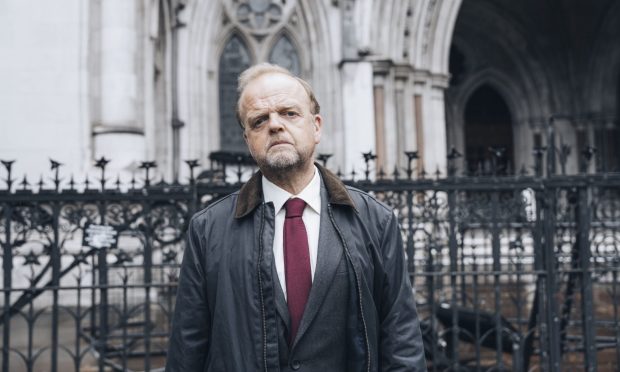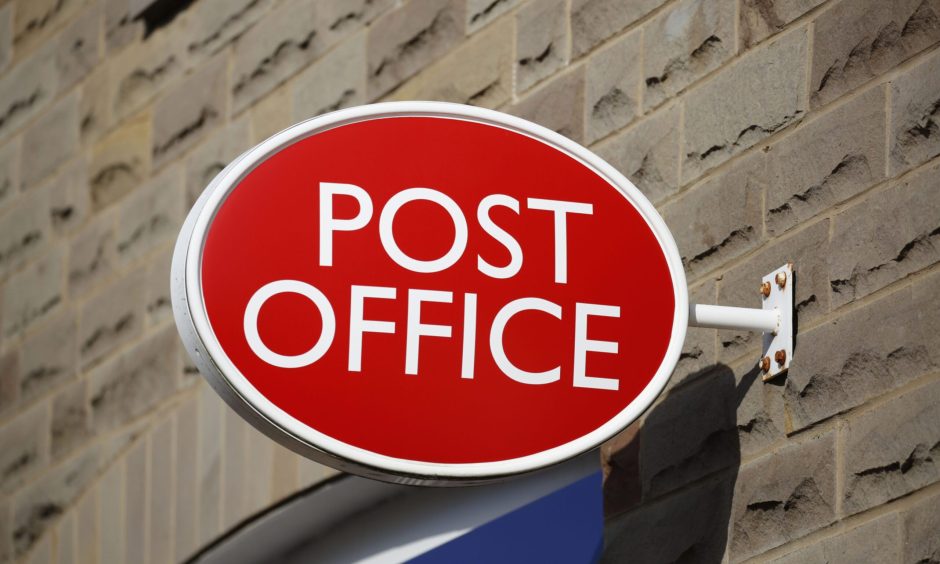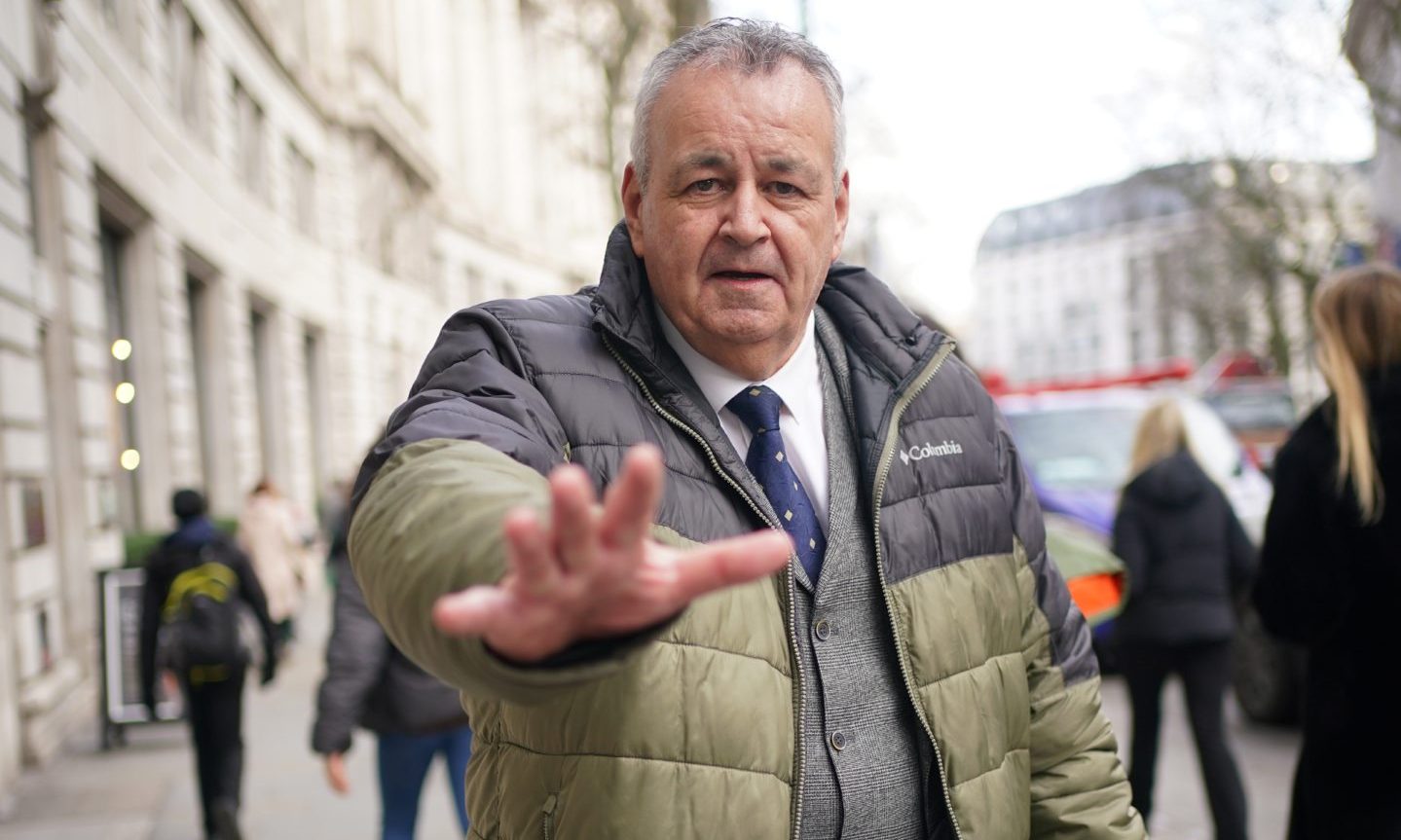The Post Office was meticulously prepared when it came to sending innocent people to jail but woefully unprepared when it came to establishing truth and justice.
It managed to cast itself as both the victim of crime and the prosecutor of that crime – in the process creating hundreds of real victims of crime.
It ensured thousands of powerless sub-postmasters were bankrupted or imprisoned.
It deliberately covered up evidence that would have exonerated them.
All over Scotland – from Perthshire and Fife to the Outer Hebrides – and throughout England and Wales, hard-working souls who were pillars of their communities had their lives destroyed to protect a piece of faulty software.
The callous, venal, predatory attitude ran from the top to the bottom of the Post Office.
The organisation was rotten to the core then and it’s little better now its dark machinations have been hurled into the sunlight.
Appearing before the public inquiry into the scandal, current Post Office chief executive Nick Read could not say when the Post Office first knew remote access to branch accounts was possible.
Nor had he a clue what happened to all the money sub-postmasters repaid out of their own pockets to fill fictional holes in their Horizon accounts.
Perth investigator
Much further down the organisation’s hierarchy is former Post Office investigator Raymond Grant, from Perth.
He had to be dragged to give evidence, only appearing before the inquiry after a visit from Sheriff Officers who reminded him his attendance was legally mandated.
Even by the poor standards of current and former Post Office staff, his was an extraordinarily low-effort evidence session.
He had been too busy working for the Salvation Army, walking his dog, and moving house to give the inquiry much attention.
His witness statement ran to just two A4 pages.
He told the inquiry he had very little recollection of events due to the passage of time.
One of the cases Mr Grant successfully prosecuted was that of North Uist sub-postmaster Bill Quarm, who was convicted of theft in 2010 and sentenced to 150 hours of community service.
Mr Quarm died a criminal two years later and his conviction was not quashed until a decade after his death.
Despite his poor memory and his refusal to spend time going back over documents relating to his Post Office work, Mr Grant was clear on one point – he still thinks Mr Quarm was guilty of theft and the Court of Criminal Appeal was wrong to exonerate him.
When was the Post Office scandal?
I’ve been following the Post Office scandal in Private Eye for over a decade.
The satirical magazine, along with Computer Weekly, were for years the only publications that showed any genuine interest in pursuing the tale of Britain’s worst miscarriage of justice.
Their outstanding, tenacious journalism in the face of denials and legal threats from the Post Office eventually led to the 2015 Panorama episode where a Fujitsu IT engineer revealed that, contrary to Post Office claims, they could remotely access and alter sub-postmasters’ balance sheets.
Even then the Post Office managed to delay the Panorama’s broadcast by two months.
One of the BBC’s board members then was Alice Perkins who at the same time was, astonishingly, chair of the Post Office.
It’s all rotten. The powerless victims still haven’t had proper justice.”
When the episode finally ran, in August, Parliament was in recess and less fuss could be kicked up.
Nevertheless, Panorama drew mainstream media interest and this attention helped spark the sub-postmasters’ High Court victory in 2019, which itself triggered a public inquiry.
Despite all this, matters continued to move at a glacial pace until ITV made a drama about the scandal, centred on former sub-postmaster Alan Bates.
Delayed justice
Suddenly, things couldn’t happen quickly enough – yet the Government says the sudden flurry of activity is a coincidence.
Any minister who goes on TV and swears this rush towards justice would be happening regardless is lying and has no integrity.
Paula Vennells was the Darth Vader of the ITV drama. And she deserves to be.
It’s inconceivable that she didn’t know her organisation was sending innocent people to jail.
Her reputation is in tatters for good reason. She should be criminally investigated and put on trial.
But she should not serve as a lightning rod for public anger.
Wrongful prosecutions and cover-ups went on for more than a decade before she arrived. Vennells only went along with what was already happening.
A cabal of senior executives and board members all need to be investigated for what they’ve done.
The Metropolitan Police last month confirmed the Post Office is under criminal investigation over “potential fraud offences” committed during the Horizon scandal.
Officers are already investigating two former Fujitsu experts, witnesses in the trials, for perjury and perverting the course of justice, with those in question interviewed under caution and no arrests made.
From Post Office chief to ITV chief…
One of Vennells’ predecessors as Post Office chief executive was Adam Crozier.
He held the role from 2003 to 2010, when hundreds of prosecutions took place and the cover up and hiding of evidence really swung into action.
Why did Mr Crozier not appear in the ITV drama? Surely it was for reasons of narrative ease?
It couldn’t possibly have been because his next job after leaving the Post Office was chief executive of ITV.
It’s all rotten. The powerless victims still haven’t had proper justice. The Post Office and Fujitsu still haven’t been held to account.
Meanwhile, the rich and powerful all tread the same interconnected pathways, watching out for one another.
Those responsible for this monstrous injustice should be forensically investigated, put on trial and, if convicted, sent to jail.
Let’s see how they like it.















Conversation